The 2023 Global Peace Index (GPI) sheds light on the top five countries that have made significant improvements in their peacefulness scores. These countries include Libya, Oman, Burundi, Afghanistan (due to the Taliban being considered a state) and Côte d’Ivoire. As we delve into each nation’s journey, we uncover the various domains, trends and indicators that have improved peacefulness for these states.
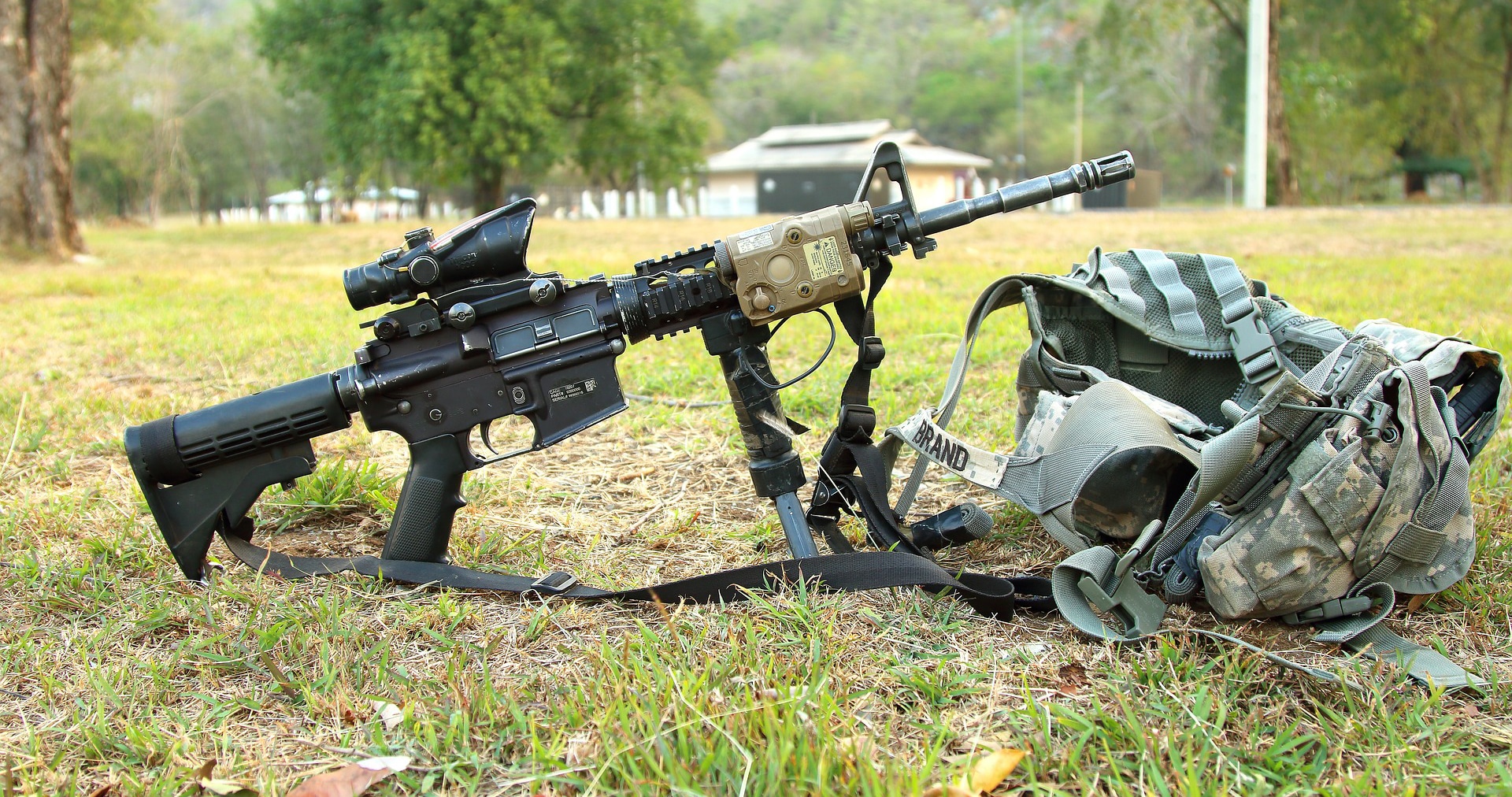
Libya witnessed a remarkable improvement in peacefulness, with its overall GPI score increasing by 7.1%, reaching its highest ranking since 2014 at 137th place. This marks the fourth consecutive year of progress and the second year of having the largest overall improvement in peacefulness. The positive shift comes in the aftermath of turmoil and violent conflicts following the Arab Spring uprising in 2011, along with the subsequent Libyan civil wars.
The most significant improvement was observed in the Ongoing Conflict domain recording an increase of 21.5%. This progress was primarily driven by a decline in deaths from internal conflicts, with no conflict-related deaths recorded in 2021 for the first time since 2010. Additionally, the intensity of internal conflict also improved for the first time since 2013. Though the nation remains divided and armed, a ceasefire agreement between the Government of National Accord and the Libyan National Army in August 2022 contributed to improvements in terrorism impact, Political Terror Scale, and refugees and internally displaced persons indicators.
However, despite these gains over the past five years, Libya continues to face numerous peace-related challenges. The Safety and Security domain deteriorated in the 2023 GPI, with both violent demonstrations and incarceration rate indicators showing negative trends in the past year. Libya still records the highest possible scores in violent crime and access to small arms indicators, while political instability remains a pressing concern despite the ceasefire agreement.
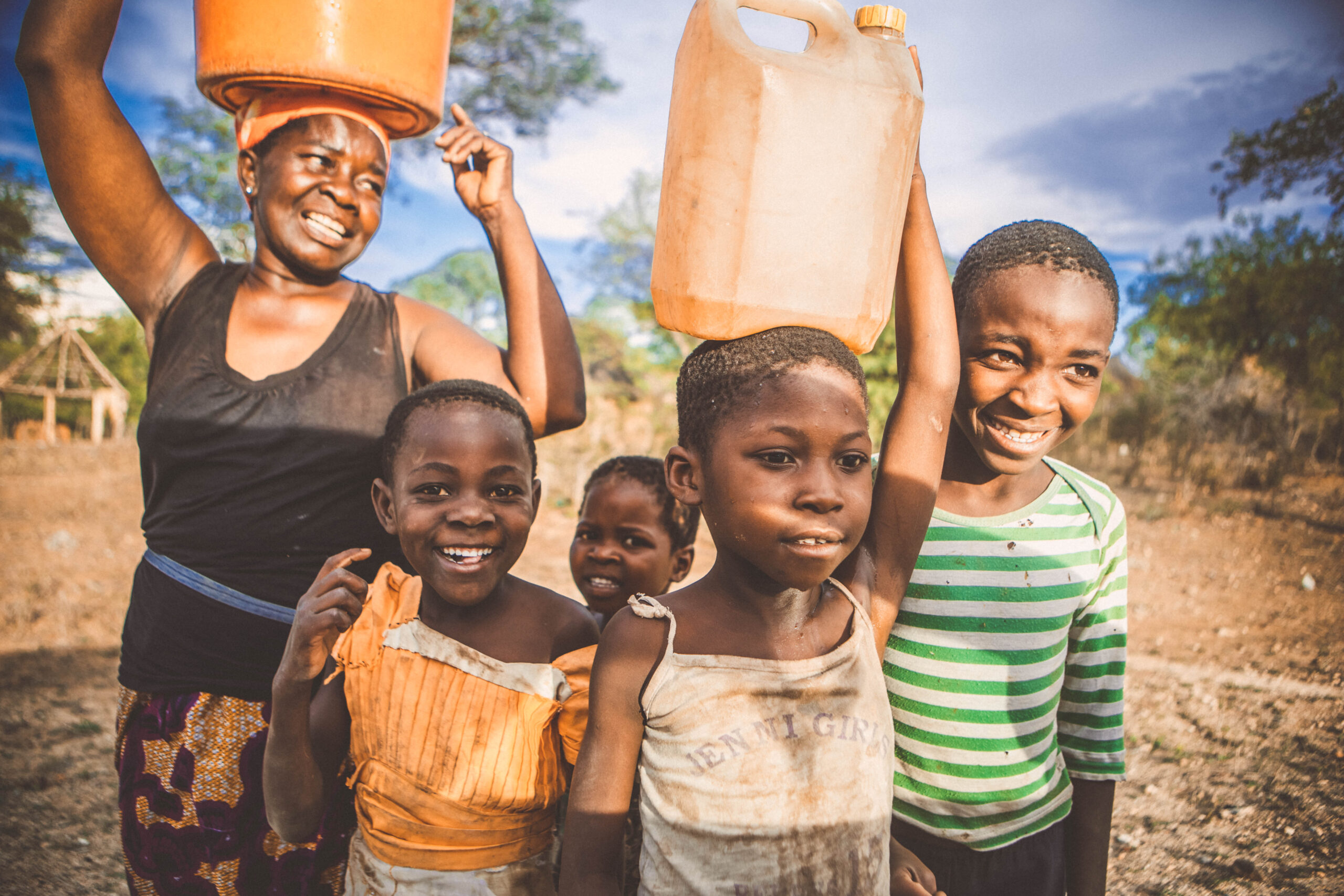
Burundi made significant strides in enhancing peace, registering the second-largest improvement in peacefulness in the Global Peace Index (GPI). Its overall score increased by 5.2% leading to a six-place rise in its ranking to 128th position. Notably, Burundi demonstrated improvements in both the Safety and Security and Ongoing Conflict domains, though it experienced a decline in the Militarization domain, which contrasts with the global trend.
The most substantial progress in Burundi’s peacefulness was observed in the Ongoing Conflict domain, with an impressive improvement of nearly 15% over the past year. This advancement was primarily driven by a reduction in deaths from internal conflict and a lessening of the intensity of such conflicts. Previously, there was widespread public dissatisfaction and violent unrest when former President Pierre Nkurunziza sought a third term. However, this situation has eased since the election of President Evariste Ndayishimiye in 2020.
Furthermore, Burundi demonstrated improvement in the Safety and Security domain, supported by positive developments on the Political Terror Scale, a decrease in terrorism impact, and a reduction in the number of refugees and internally displaced persons (IDPs). The progress on the Political Terror Scale has been acknowledged by other countries.
The European Union (EU) acknowledged Burundi’s advancements in the rule of law and human rights, leading to the lifting of financial sanctions and the resumption of direct financial assistance to the Burundian administration in February 2022. Additionally, voluntary repatriation operations for Burundian refugees in neighbouring countries, like Tanzania, have increased, indicating an improved domestic security outlook.
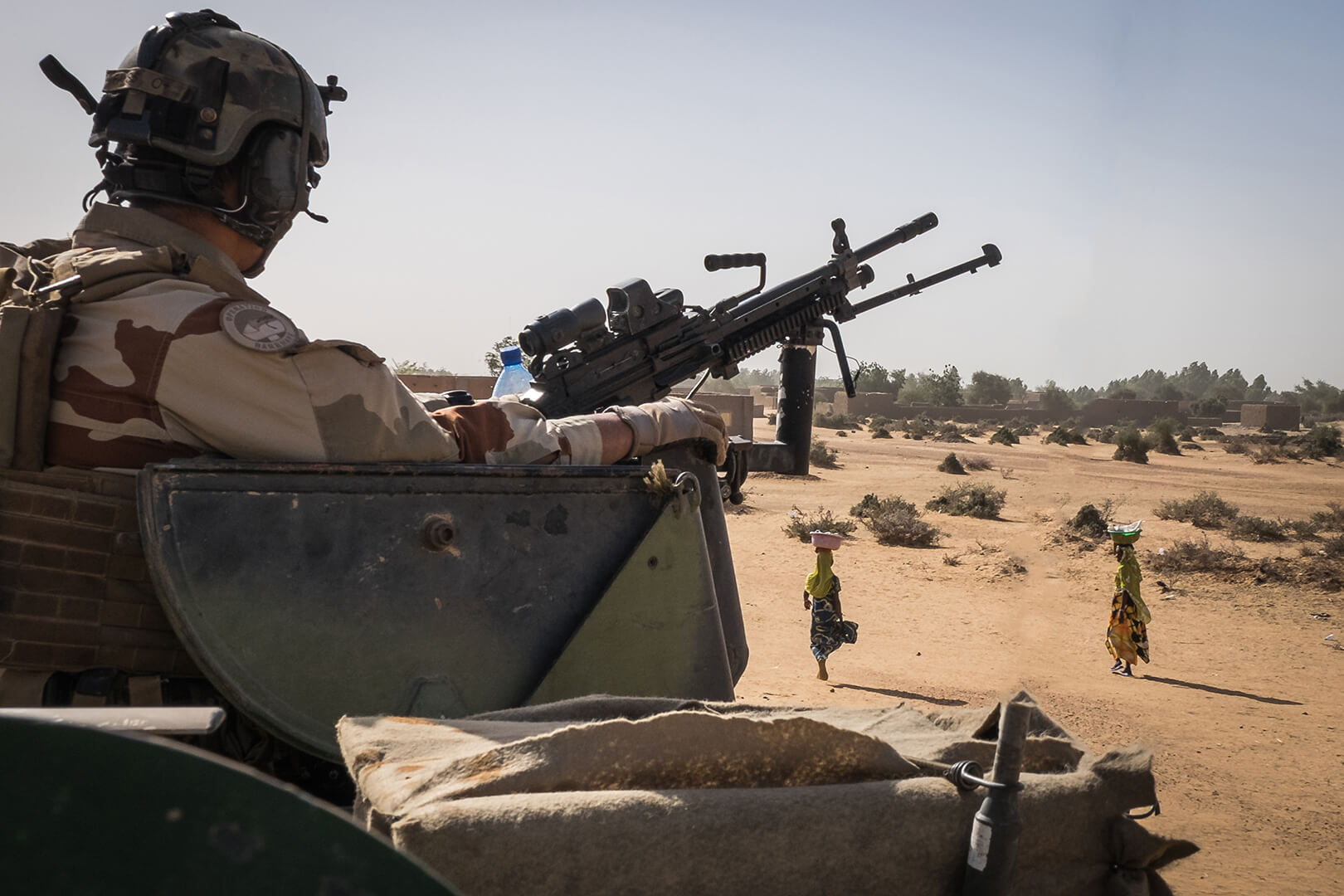
In the 2023 Global Peace Index (GPI), Oman exhibited a remarkable advancement in peacefulness, ranking third among the countries with the largest improvements. Climbing eighteen places to 48th overall, Oman’s overall GPI score improved by 6.2%. The most substantial progress occurred in the Militarisation domain, making it the third most peaceful country in the MENA region, preceded only by Qatar and Kuwait. Oman showcased improvements in every indicator within the Militarisation domain, particularly in weapons imports and military expenditure indicators.
However, despite these positive developments, Oman’s relative levels of military expenditure remain among the highest globally, accounting for nearly six per cent of its GDP. The country also stands among the top 20 nations with the highest levels of weapons imports per capita, despite having the most significant improvement in this indicator compared to other countries. On a positive note, Oman considerably improved in the Safety and Security domain, with positive changes in political instability and violent crime indicators.
Moreover, the impact of high global oil prices has led to a delay in implementing planned austerity measures, leading to improved economic conditions and reduced risks of social unrest and civil retaliation. This positive economic outlook is reflected in the country’s advancement in the violent demonstrations indicator.
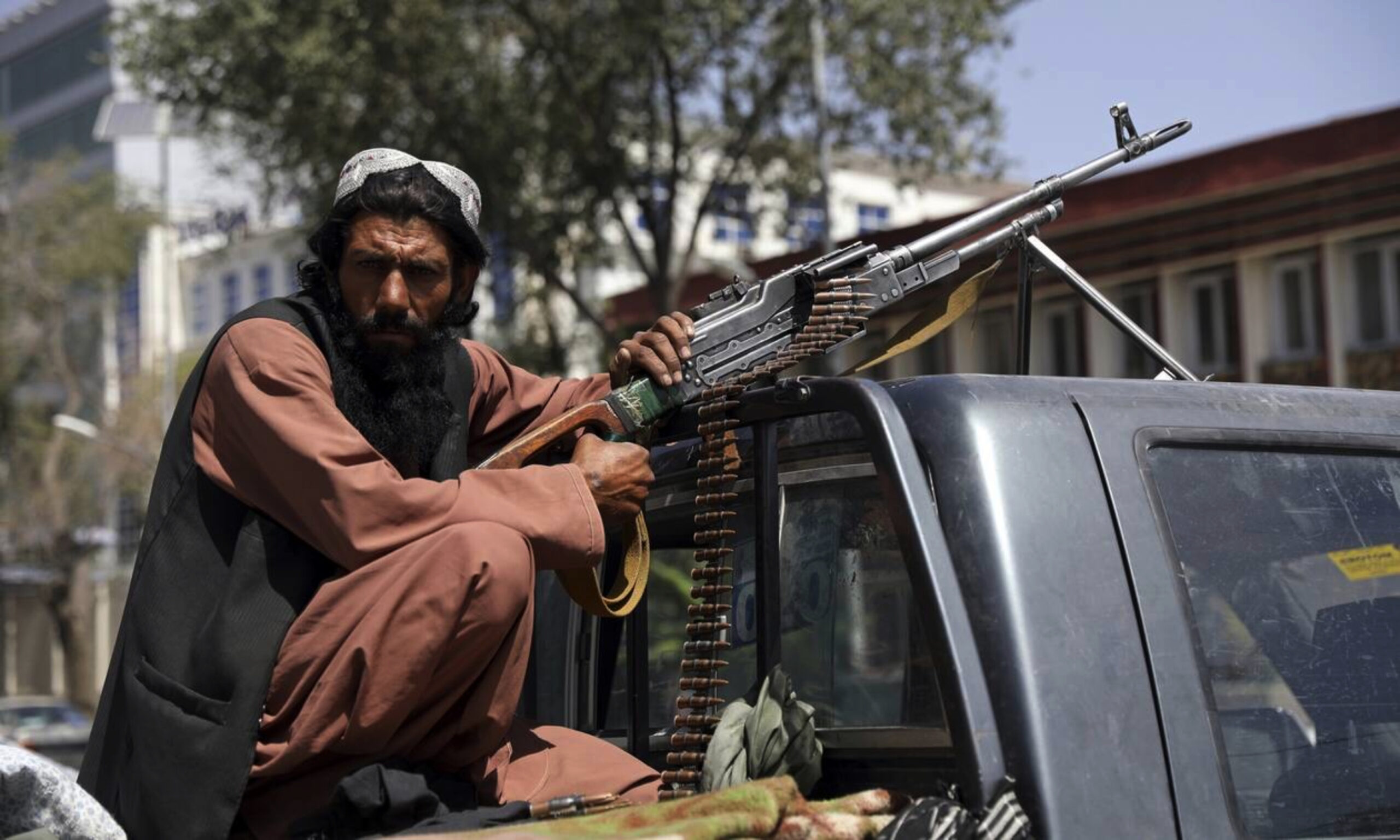
In the 2023 Global Peace Index (GPI), Afghanistan showed the fifth-largest improvement in peacefulness. Despite this progress, the country still remains the least peaceful in the world. The withdrawal of US troops in August 2021 and the subsequent Taliban takeover of the government led to a considerable drop in conflict levels, although violence remains widespread.
Afghanistan demonstrated improvements in the Ongoing Conflict and Militarisation domains, but there was a slight deterioration in the Safety and Security domain due to increased violent demonstrations. While the perceptions of criminality among Afghan civilians improved slightly, many still feel unsafe walking alone. The intensity of internal conflict improved, resulting from fewer hostilities reported between the Taliban and the National Resistance Front.
Notably, the impact of terrorism in Afghanistan saw a significant change after the Taliban took power, as the group is no longer classified as a terrorist organization. Consequently, terrorist incidents decreased by 75% in 2022, and deaths from terrorism fell by 58 per cent, leading to improvements in the terrorism impact and internal conflicts fought indicators.
However, the security situation in Afghanistan remains uncertain, as a potential escalation in the conflict between the Islamic State of Iraq and the Levant (ISK) and the Taliban looms. Since its emergence in 2015, ISK views the Taliban as both a strategic and ideological rival, opposing the Taliban’s vision of a national-based emirate. Local militias have also aligned against the Taliban under organizations like the Afghan National Liberation Front and the Afghan National Resistance Front.
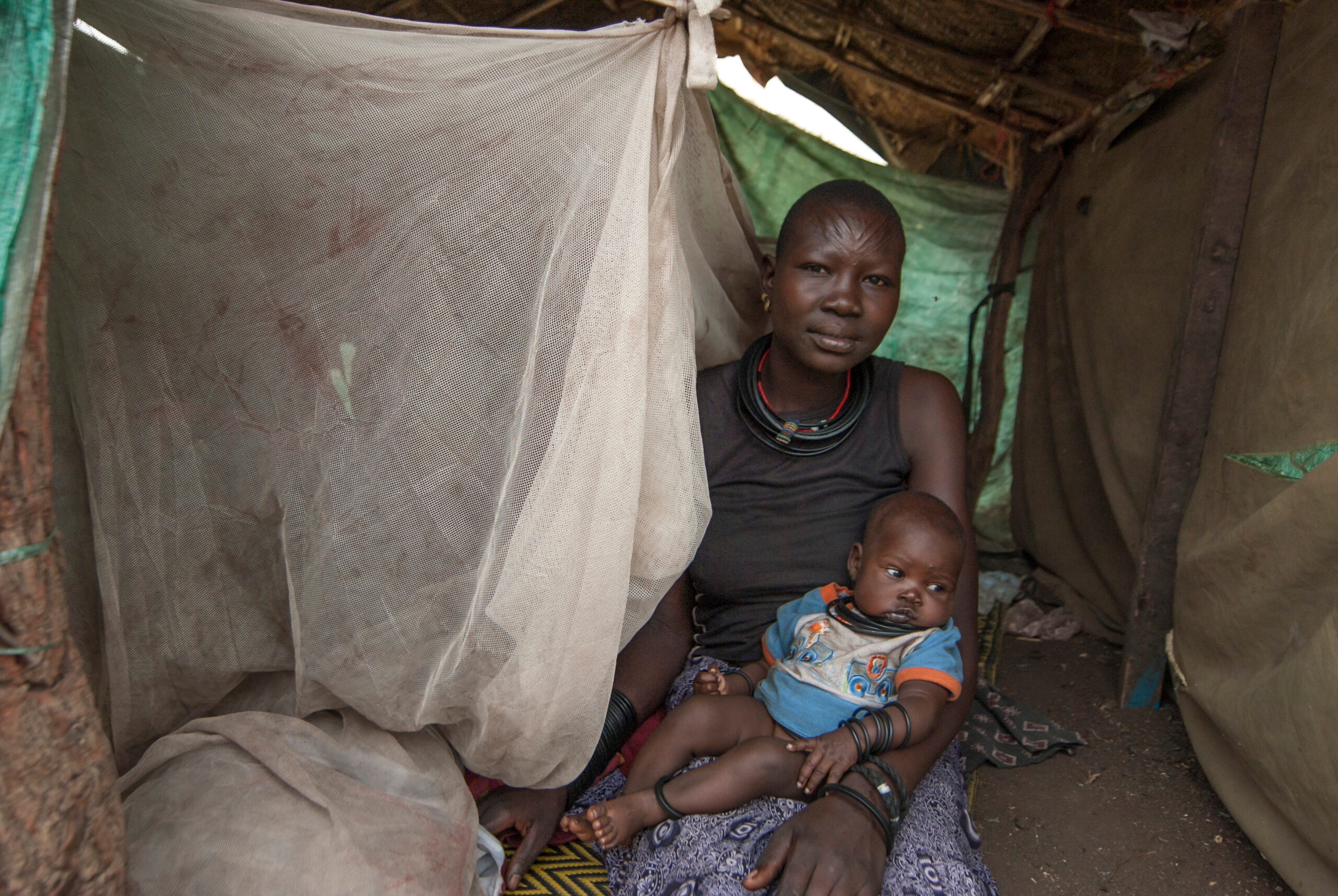
Côte d’Ivoire showcased a remarkable improvement in peacefulness, rising eighteen places to secure the 90th position. For the first time since the inception of the index, the country has earned a spot among the top 100 most peaceful nations. Côte d’Ivoire demonstrated progress in two GPI domains, with the most significant advancement seen in the Safety and Security domain. However, there was a slight deterioration in the Ongoing Conflict domain, partly due to the country’s increased involvement in external conflicts in West Africa and the Sahel region.
The most noteworthy improvement in score was observed on the Political Terror Scale, with Côte d’Ivoire moving from a score of four to a score of two. The country also experienced enhanced political stability in 2022, attributed to reconciliation efforts between the current President Alassane Ouattara and former Presidents Lauren Gbagbo and Henri Konan Bedie. These efforts sought to mend ethnic and political divisions in preparation for the upcoming elections in 2025. Furthermore, improvements in the terrorism impact indicator revealed no reported deaths from terrorism in 2022, while the violent crime indicator recorded a significant positive change.
The impact of violent crime remains prominent in the border region with Burkina Faso, as jihadist groups pose a risk. However, throughout 2022, other parts of the country experienced a decline in violent crime, car-hijacking, and armed break-ins. These notable improvements signify Côte d’Ivoire’s determination to advance peace and security within its borders.
The 2023 Global Peace map showcases the remarkable progress witnessed in Libya, Burundi, Oman, Afghanistan, and Côte d’Ivoire as these nations strive to enhance peacefulness.
Each country’s unique journey reflects its commitment to resolving conflicts, promoting stability, and fostering harmonious societies. Despite the challenges they face, these nations demonstrate the potential for positive change when diplomatic efforts, political reconciliation, and international cooperation are prioritized. As these countries continue their paths towards peace, their advancements inspire hope and serve as a testament to the transformative power of collective efforts in building a more peaceful world.